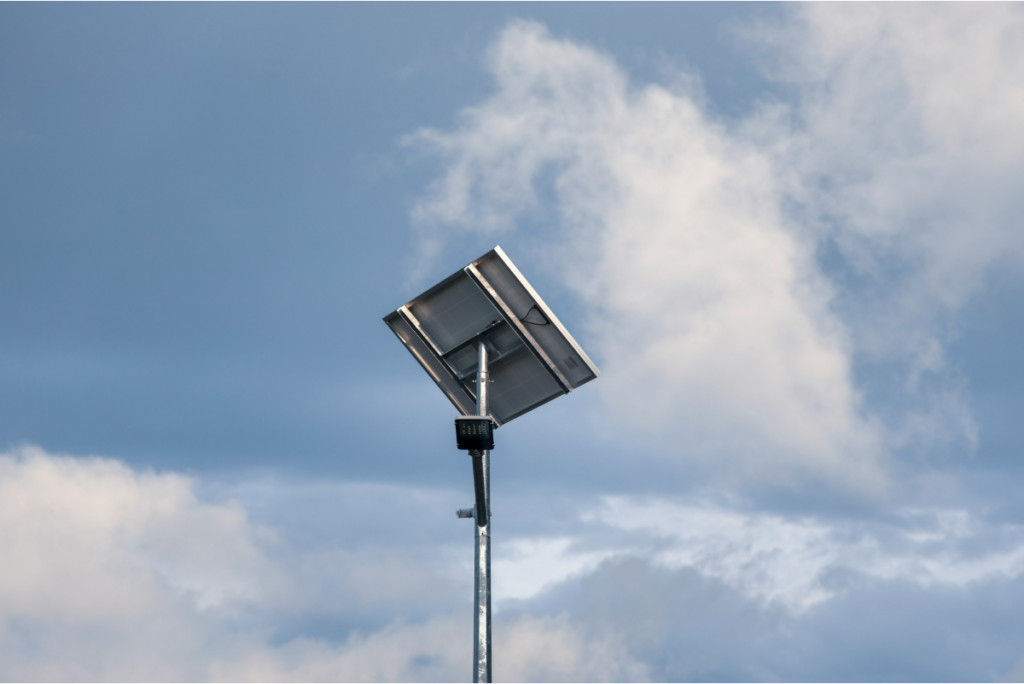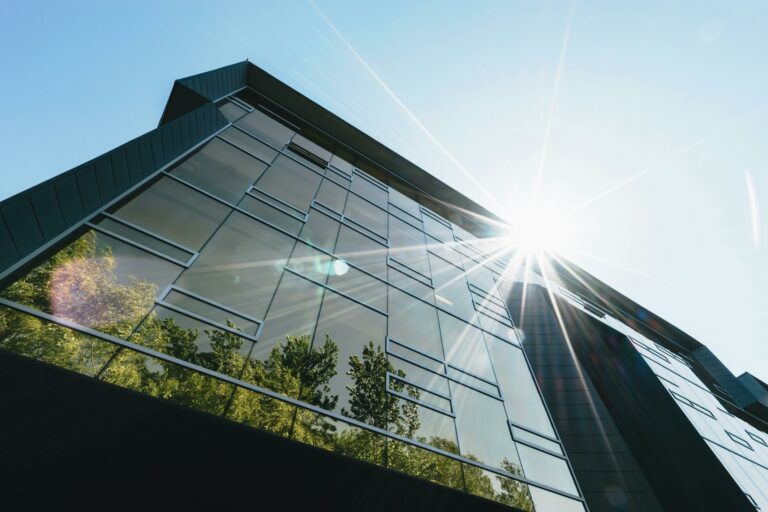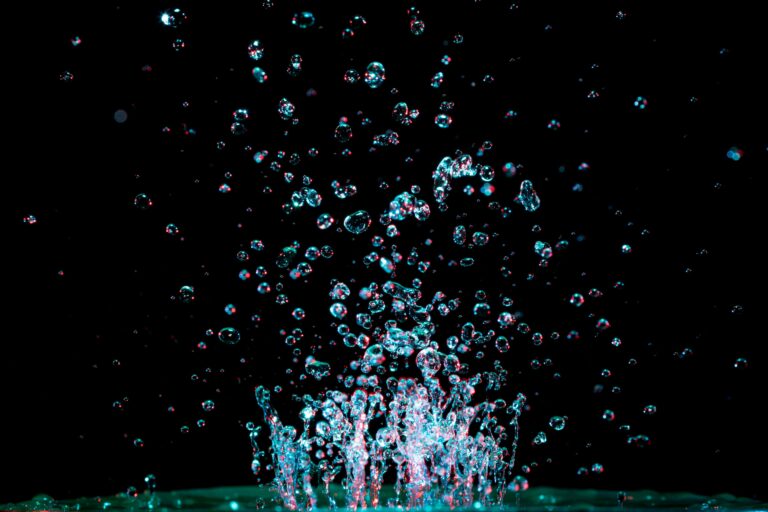
Giving households and communities in developing countries access to affordable renewable energy isn’t just about taking on climate change, it’s about enabling social change – including more opportunities and greater equality for women. Women are being disproportionately impacted by both the climate crisis and the energy crisis in Africa.
On one side of the world in the West, people are incentivised to actively reduce their energy consumption to reduce their climate footprint, whilst in Sub-Saharan Africa, 600 million people (over half of the region’s population) live without access to reliable electricity. From basic healthcare to maternal mortality rates, from education to earning a living and quality of day-to-day life, women are dangerously and directly bearing the brunt.
According to the World Health Organisation (WHO), 15 percent of healthcare facilities lack any access to electricity in Sub-Saharan Africa, whilst only 50 percent of hospitals in the region report reliable energy access. This is having a devastating impact on pregnant women; Sub-Saharan Africa suffers from one of the highest maternal death rates globally. For context, in Western Europe, the maternal death rate according to UNICEF is 1 in 11,000, whilst in Sub-Saharan Africa the rate is 1 in 41. Sub-Saharan Africa alone accounted for 70 percent of global maternal deaths in 2020.
However, off-grid solar energy offers a beacon of hope. 600 health clinics across Sub-Saharan Africa are able to provide care and treatment to patients outside of daylight hours, thanks to solar-powered lights and off-grid energy systems provided by d.light. I remember early on in d.light’s history, a nurse shared with me that she had already delivered 15 babies with these products. Before, they had been delivering babies using only dangerous kerosene lanterns, or they would even have to turn pregnant women away if they were in labour in the middle of the night.
With d.light’s solar-powered products, expectant mothers no longer have to give birth in darkness. Clinic staff can also admit and care for other patients at night more easily when there’s a safe source of light available.
Ms Olanrewaju Emilia Olanike, Chief Matron at a primary healthcare centre in the Ife South local government area (LGA) of Osun State in Nigeria, described the impact of [d.light’s] solar lanterns on the clinic and its patients, “In the Olode area we have been experiencing a 10-year power outage, so before today we did not have a power supply. The installation of this alternate power supply means that our patients who were afraid of coming to us in the night have now been coming. It makes our job easier especially during labour and delivery cases at night.”
From giving birth to providing for their families, the crisis does not relent. Without access to safe and reliable energy, women, who are typically responsible for cooking in their households and providing food for their families, are reliant instead on traditional cookstoves. These cookstoves, fuelled by firewood or charcoal, are dangerous, produce harmful smoke, and increase the risk of burns and respiratory illnesses. According to the World Economic Forum, a third of people on the planet (2.6 billion) lack access to clean fuels, instead cooking on polluting open fires or simple stoves fuelled by kerosene, biomass (wood, animal dung and crop waste) and coal. Inhaling these toxic fumes kills more people than malaria – and women are disproportionately affected. The World Health Organisation’s (WHO) latest data estimates around 3.8 million people die each year from illnesses, including pneumonia and lung cancer, linked to household air pollution (HAP) from cooking over stoves indoors with these solid fuels and kerosene. In Sub-Saharan Africa, more that 80% of the population has to rely on these fuels.
Earlier this year, d.light announced an initiative to distribute 600,000 clean cookstoves, which are now verified by leading certifiers as a trusted source of high-quality carbon credits. These projects aim to simultaneously reduce carbon emissions, tackle indoor air pollution, and reduce deforestation through the sale of highly efficient biomass cookstoves subsidised by the revenues from the sale of carbon credits. Since their launch in late 2022, the projects have positively impacted more than one million lives and are projected to transform more than three million lives by 2025.
Bringing off-grid solar energy into the home has a broader impact in terms of less time spent doing daily chores and more leisure time for women. A June 2024 report by the Trade and Development Bank (TDB) titled “Off-Grid solar energy sources on households Monitoring” surveyed focus groups of solar users in the western Kenyan provinces of Nyanza and Western. The report found that the introduction of solar home systems (SHS) quantifiably saved women time, improved productivity and made housekeeping tasks quicker and easier.
“[Women] reported a remarkable 82.9% indicating an increase in comfort while performing household tasks,” the report stated. “This is mainly attributed to better lighting conditions, which also reduced the time required for daily chores such as fetching kerosene, cooking and collecting firewood. Consequently, women have more time for other productive and social activities.”
We can draw an indirect parallel between these solar-powered domestic benefits with the benefits of the electric appliance boom in the US during the 20th century. In 1900, just five percent of married women worked; by 2000, this hadrisen to 61 percent. As female labour supply rose, time spent on housework declined. In 1900, the average household spent 58 hours a week on housework, including meal preparation, laundry, and cleaning—a figure that dropped to 18 hours in 1975.
According to the TDB report, nearly a third (31.4%) of respondents noted a fall in the their household workload and women were able to “save about 1.9 hours on activities related to traditional housework chores such as cooking and collecting firewood as well as the fetching of kerosene or lighting materials”.
Already, we see an economic and social impact with women being empowered to harness solar products to pursue entrepreneurial projects and provide for their communities. The work of organisations like Solar Sister, who we have been proud to partner with for the last 10 years, demonstrate how access to clean, safe energy can radically improve women’s lives, and the lives of those who rely on them. The Solar Sister team recruits, trains and supports new entrepreneurs, and supplies them with durable, affordable solar-powered products and clean cookstoves. These entrepreneurs are then able to independently earn an income.
Access to energy is enabling women to spend less time on household chores and to have the option to have the time – and light – to run their own businesses. Female entrepreneurs indicated in the TDB report that “the lighting provided by the SHS allowed them to operate their businesses, such as grocery kiosks, for extended hours into the evening. This additional lighting allowed them to extend business hours to serve customers after dark.”
Every woman deserves the right to safely give birth, access education, achieve economic independence, and cook in an environment that doesn’t endanger her life. Off-grid solar energy is more than just a tool for environmental sustainability—it is a lifeline for millions today, transforming lives by addressing critical health, economic, and social inequalities. Access to energy is undeniably a feminist issue, but the positive ripple effects extend far beyond. It’s a solution that empowers communities, lifts economies, and, ultimately, safeguards the future for all of us.

Nedjip Tozun
Nedjip Tozun is Co-Founder and CEO of d.light, one of the world’s leading social enterprises. d.light is a pioneer in developing, distributing and financing transformative products to low-income families around the world.


